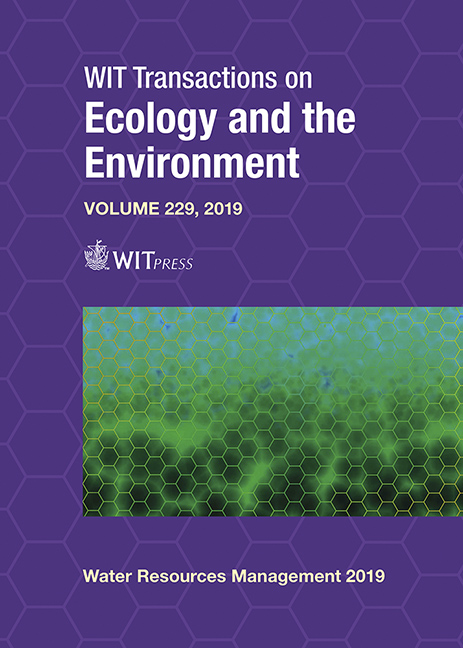MACHINE LEARNING AS A DECISION SUPPORT TOOL FOR WASTEWATER TREATMENT PLANT OPERATION
Price
Free (open access)
Transaction
Volume
229
Pages
5
Page Range
103 - 107
Published
2019
Paper DOI
10.2495/WRM190101
Copyright
WIT Press
Author(s)
THIBAULT MERCIER, ABEL DEMBELE, THIERRY DENOEUX, PASCAL BLANC
Abstract
Wastewater treatment is a significant environmental challenge. It is also an economic challenge for all operators, who face more and more demanding national and supranational regulations. Optimizing wastewater treatment processes requires physical, biological and chemical models with various degrees of complexity. From an operational perspective, programmable logic controllers are generally used. Those controllers follow strategies implemented by technicians with various degrees of expertise. This may lead to over- or under-aeration, which can be very costly. Commonly used strategies are mostly based on business rules and expert guidelines, which do not necessarily consider specific operating conditions. In this study, focused on the aeration process, a machine learning approach is applied to predict the daily operating time of aerators. Two types of models, according to the data considered, have been evaluated. The first model considers only the operation data as explanatory variables (pollutant concentrations and inflow), while the second model includes exogenous weather data (temperature, hygrometry, rainfall depth). The best model reaches a mean error less than 1%.
Keywords
machine learning, wastewater treatment, aeration process, model verification





